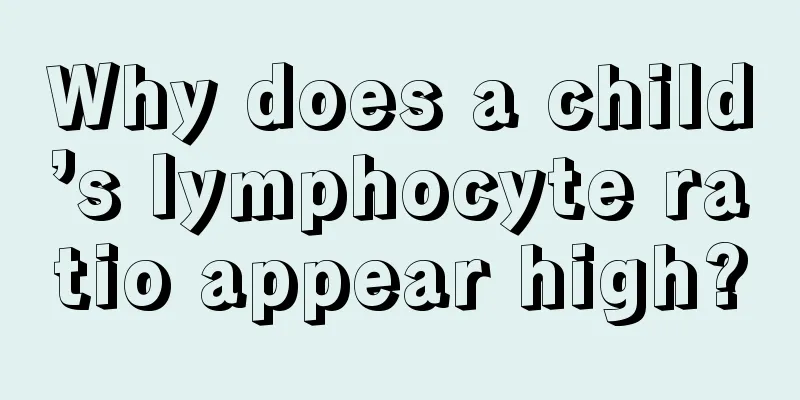What are the causes of neonatal convulsions?

|
There are many reasons for neonatal convulsions. First of all, it is related to the incomplete development of the neonatal brain. Because the central nervous system is still developing, such convulsions are prone to occur. This is a physiological convulsion. The child's growth and development will gradually improve and eventually disappear. However, if there are more serious conditions such as respiratory apnea and skin cyanosis, this may be caused by disease. 1. Infectious diseases Diseases such as sepsis, purulent meningitis, neonatal tetanus, pneumonia, etc. often cause convulsions, which usually occur 3-7 days after birth. These diseases often cause serious consequences in the neonatal period due to their atypical manifestations and the inability to diagnose and treat them in a timely manner. 2. Metabolic abnormalities Such as hypoglycemia, hypocalcemia, hyponatremia, hypernatremia, vitamin B deficiency, etc., are also common causes of neonatal convulsions. Other conditions, such as cerebral hypoplasia and kernicterus caused by hemolytic disease of the newborn, can also cause convulsions. 3. Central nervous system diseases It is often seen in cases of intracranial hemorrhage, meningitis, kernicterus and brain malformation; 4. Neonatal tetanus Convulsions usually occur 4 to 6 days after birth, accompanied by trismus. 5. Children with metabolic disorders, hypocalcemia, hypomagnesemia, and hypoglycemia may experience convulsions Neonatal convulsions are one of the common symptoms with a high incidence rate. It is a symptom of many diseases. Its clinical manifestations are atypical and sometimes difficult to identify. They are often manifested as paroxysmal eye activities (blinking, eye movements or tremors) and oral and cheek twitching. Intracranial hemorrhage and brain tissue hypoxia caused by neonatal asphyxia are the most common causes of neonatal convulsions. It usually occurs within 12 days after birth, and survivors may develop epilepsy, hemiplegia, low IQ, hydrocephalus, etc. in the future. |
<<: How to remove fetal toxins in newborns
>>: What is the cause of the red spots in the newborn's eyes?
Recommend
What are the benefits of eating bird’s nest for children?
Many parents usually eat some bird's nests at...
How to make rice cereal for babies
Rice porridge has always been the best choice for...
What to do if your six-month-old baby crosses his eyes
Some babies are born with crossed eyes. When they...
How to care for newborns with viral colds
Because newborns have just left their mother'...
What medicine should children take to clear away heat and reduce fire
For children, clearing away heat and reducing fir...
How to solve the problem of forehead protrusion in children
The baby's forehead is relatively protruding....
What to do if your baby has stomachache
Everyone knows that there will be many things tha...
What issues should be paid attention to when taking care of babies
As soon as a baby is born, he or she will be love...
What are the symptoms of iron deficiency in children?
As we all know, human life activities require the...
What to do if a child has a fever and convulsions
Fever and convulsions in children are a relativel...
What should I do if my baby doesn't cough during the day but coughs at night?
There is a reason why your baby doesn't cough...
The dangers of having an IV in children
When it comes to indwelling needles, I think most...
What to do if your baby kicks his legs while sleeping
It's okay for babies to kick their legs when ...
What are the symptoms and clinical manifestations of tracheitis in children?
The weather nowadays is really changeable, especi...
Postural manifestations of sequelae of cerebral palsy in children
Cerebral palsy in children can cause serious harm...









